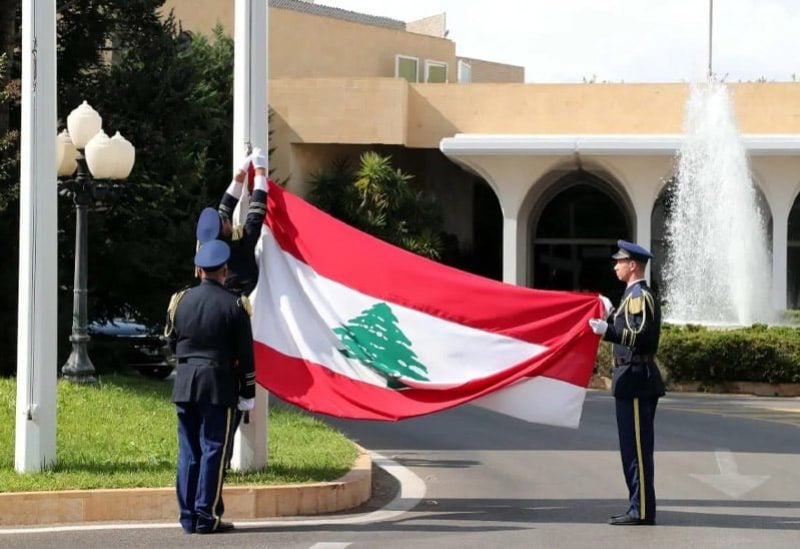
Presidential Palace in Baabda
Foreign ambassadors accredited to Lebanon who have been unable to submit their credentials owing to the vacancy of the presidency for over a year till now amounts to nearly a quarter of the total foreign presence in Lebanon. They are currently solely working as charge d’affaires for Lebanon.
Is this scenario affecting Lebanon’s bilateral diplomatic and political relations with the international community?
Prominent diplomatic sources indicate that the influence on Lebanese-international ties is not limited to one problem, but that Lebanon’s overall predicament impacts its relationship with the rest of the world. Lebanon lacks the ability to engage the international world within a particular strategy due to the presidential vacancy and the debate over it.
Lebanon today has nearly anomalous ties with nations since there are no working institutions and no plan, despite the fact that all countries are well aware of the country’s terrible political position.
The first rule of diplomatic law is that an ambassador accredited to a country is not permitted to meet with any official in the country to which he is accredited before presenting his credentials. In Lebanon, it is up to each Lebanese official to determine whether or not to meet with the authorized ambassador who has not shown his credentials while serving as chargé d’affaires. There is no difficulty in Lebanon. Any ambassador or charge d’affaires is free to meet with whoever he wishes. Countries do not allow any Lebanese or non-Lebanese ambassador to meet with any state official if his credentials are not proven.
When an ambassador is unable to deliver his credentials, it indicates that there is a severe problem in the country, especially if the country has been without a president for months or longer.
In this regard, foreign diplomats told Sawt Beirut International that they are unable to operate regularly. They are organizing their affairs and examining reports, but they are unable to do it properly since there is no president and the government is a caretaker administration, and they are unable to schedule projects with Lebanon or bilateral visits from Lebanon. However, there are no diplomatic formations given the non-appointment of a new president yet, which means no credentials for any Lebanese ambassador. What we mean by credentials are papers or a letter sent by the President of the Republic to the President of the other country in which he says that he has assigned the newly appointed ambassador to represent him in a certain country.
Currently, Lebanon and its relevant institutions have effectively granted foreign ambassadors’ permission to serve as regular ambassadors before their credentials are presented to the president. As a result, they meet with authorities, such as the new French ambassador, who meets with everyone. While Washington awaits the election of a president before assigning its new ambassador to Beirut, it has extended the current US ambassador to Lebanon’s mandate, Dorothy Shea, for an unknown period of time.